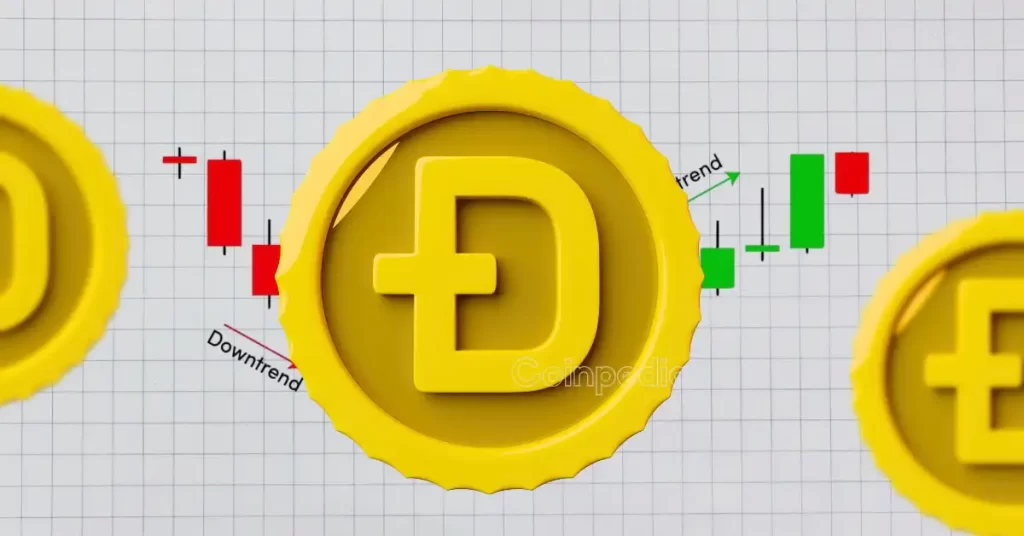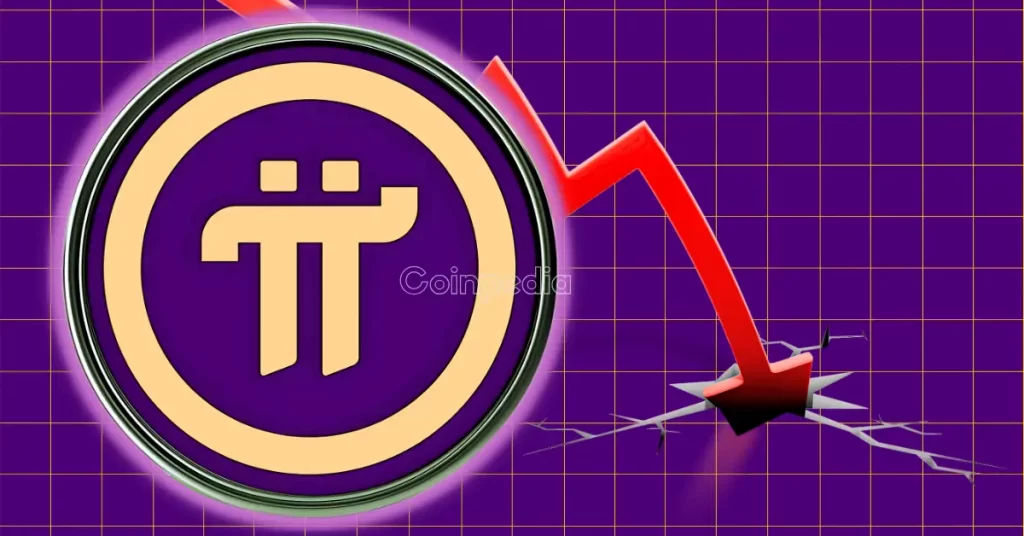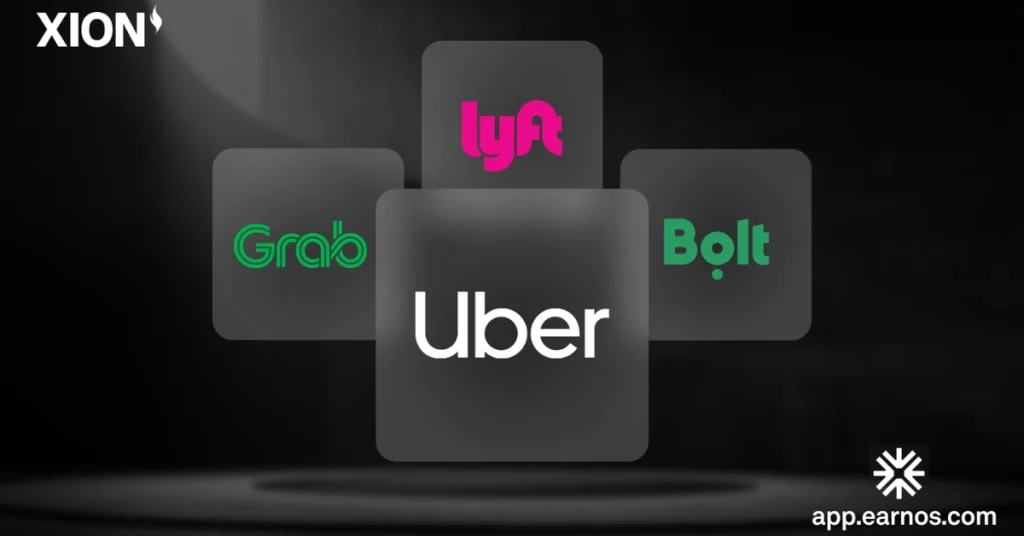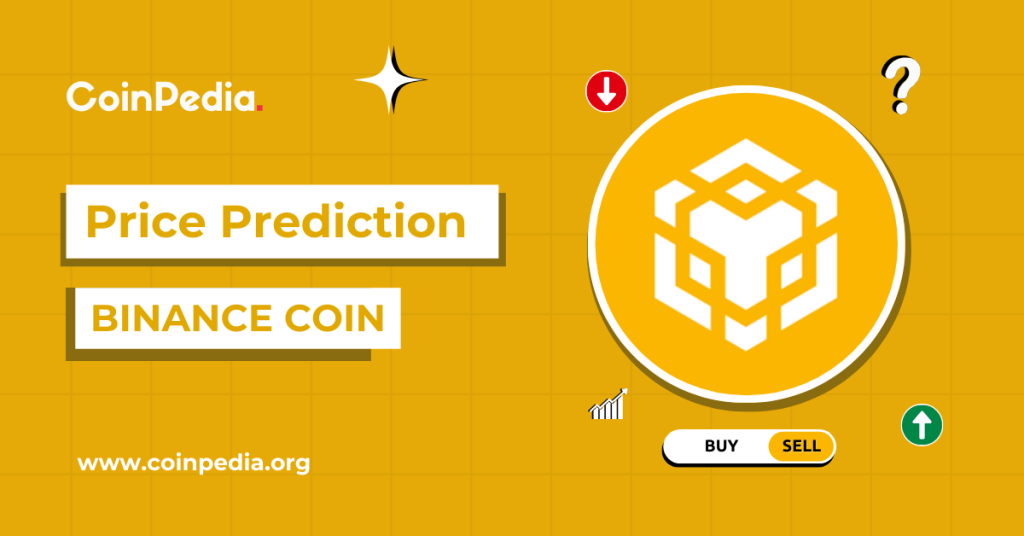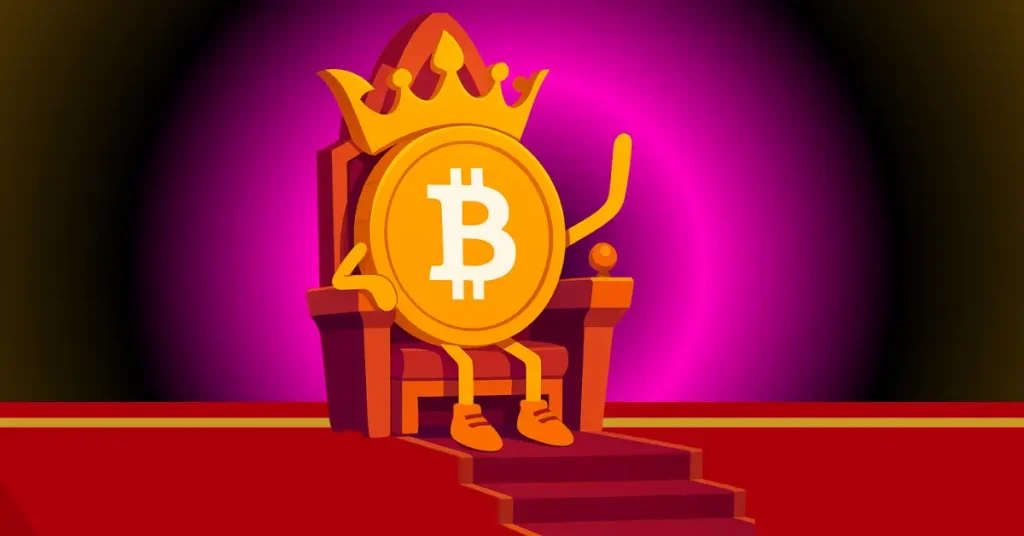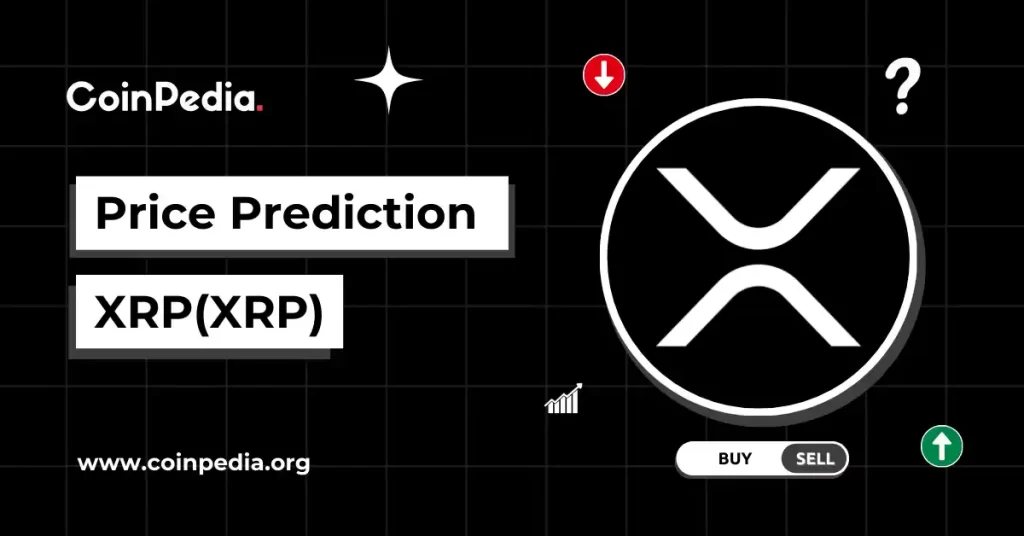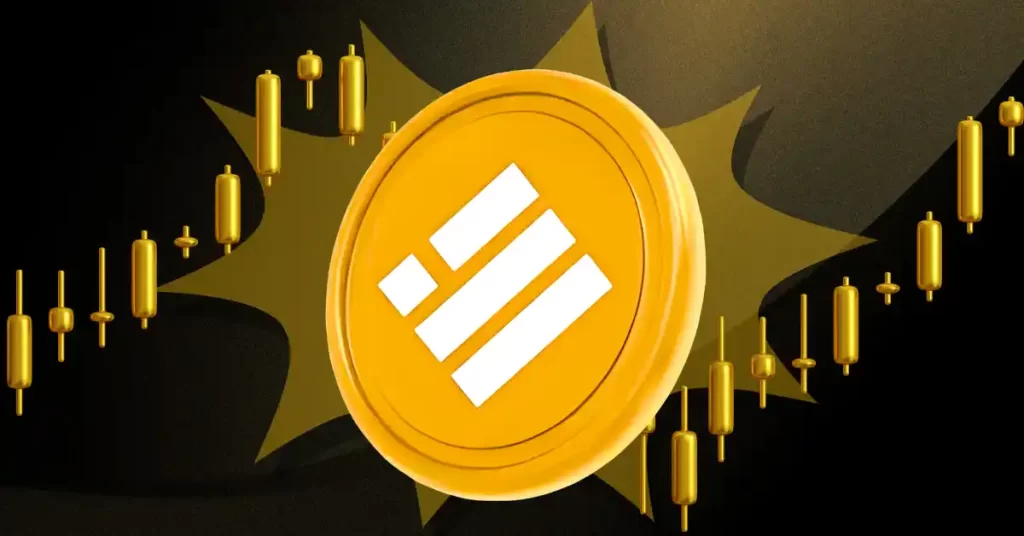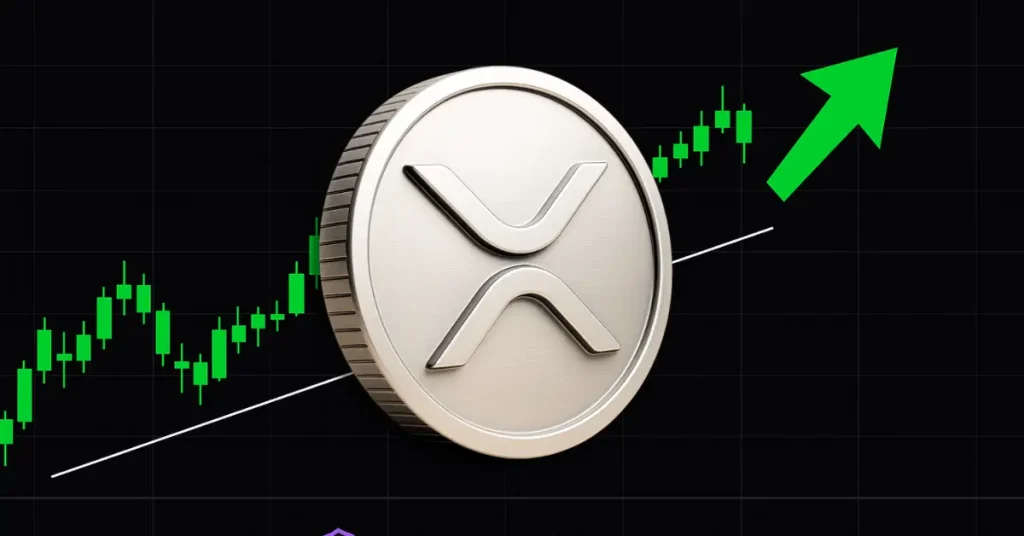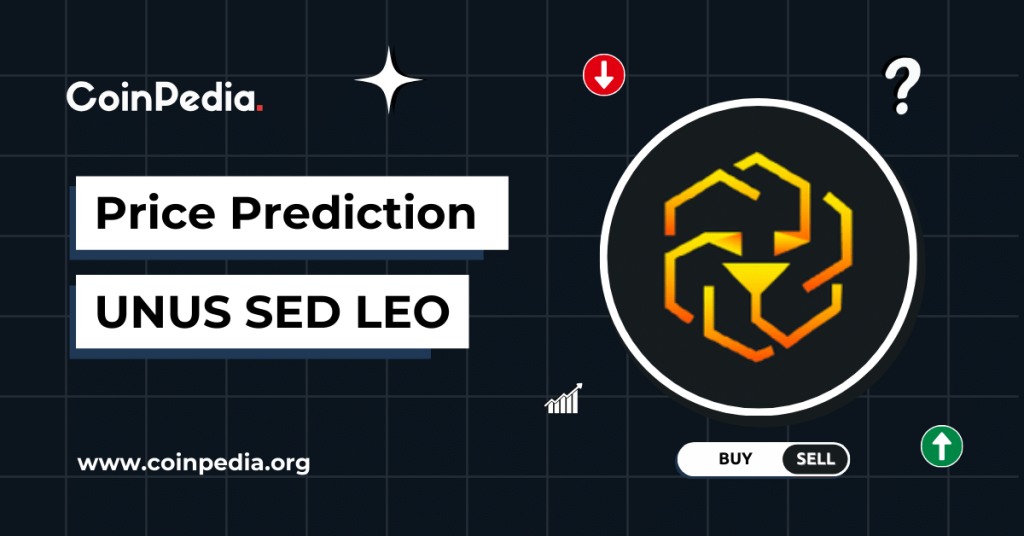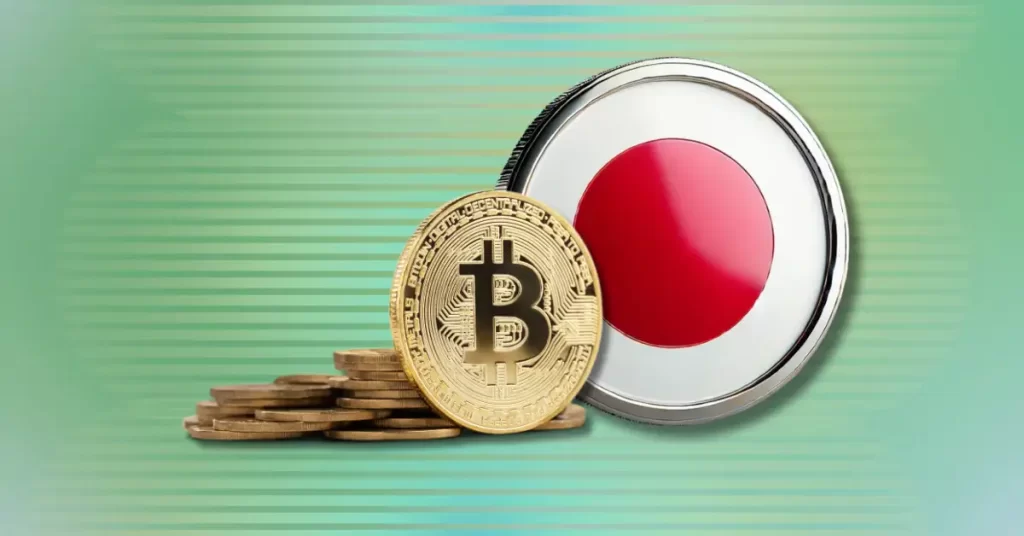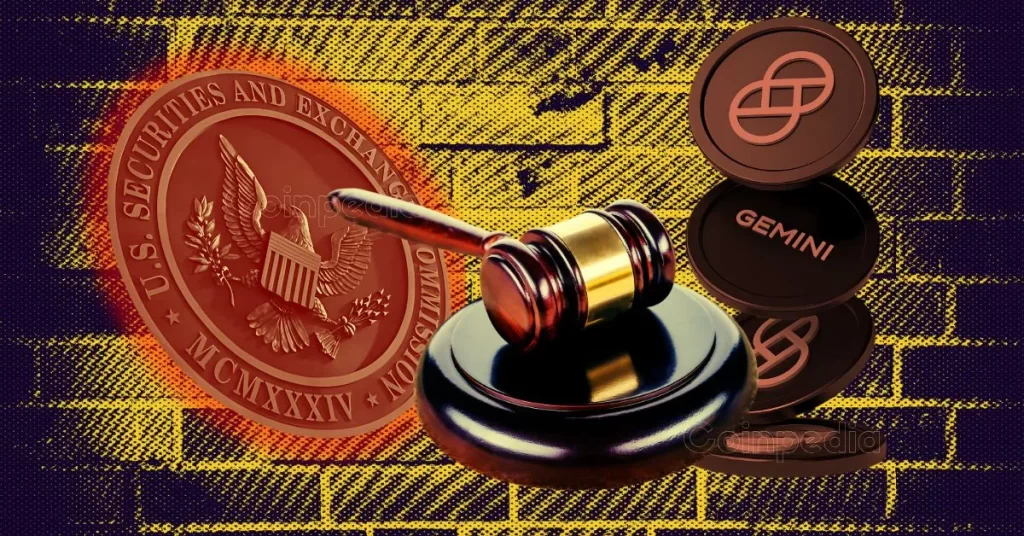Summary Flash loans use Ethereum smart contracts to enable anonymous lending with no collateral or liability. Flash loans can make arbitrage trading strategies equally accessible to everyone, regardless of their wealth or credit score. This is just one of many examples of how DeFi has the potential to grow rapidly and upend traditional finance. Thesis Flash loans use Ethereum ( ETH-USD ) smart contracts to enable anonymous lending with no collateral or liability. Flash loans are one of the most compelling examples so far of how the Ethereum decentralized finance (DeFi) system can live up to its promise of creating a fairer financial system. As DeFi matures, its advantages over traditional finance will compound, possibly leading to mass adoption of the Ethereum network and higher Ethereum prices. Flash Loans An interesting story made its way around the internet recently: a crypto trading bot borrowed $200 million for an arbitrage trade that netted it a mere $3 in profit. The bot noticed that Threshold (T-USD) was priced differently on the Curve and Balancer exchanges and profited off of that difference. Your first instinct might be to laugh at what sounds like a buggy bot taking an incredibly large and risky loan for a tiny profit, or to wonder who was crazy enough to lend a crypto trader $200 million in the first place. But with an understanding of smart contracts and flash loans, we'll see that this loan actually wasn't that risky for any party involved. In the future, such a loan may be commonplace rather than a news headline. A smart contract is a computer program that runs on the Ethereum blockchain. Unlike a typical program, which is controlled and executed by one person or machine, a smart contract is executed based on the consensus of a decentralized network that anyone who owns staked Ethereum participates in. In exchange for ensuring that smart contracts and other transactions execute as intended based on cryptographic proofs, network participants earn transaction fees. A flash loan is an Ethereum smart contract that executes a group of transactions which logically ensure the lender is repaid no matter what the borrower does with the money. The first transaction in the group is the lender sending money to the borrower, and the last transaction is always the borrower returning the money (plus interest) to the lender. In addition to those transactions, the borrower can perform any other transactions they want within the Ethereum network. If the borrower attempts a transaction that would cause them to be unable to pay the lender back (for example, taking the wrong side of an arbitrage trade), then the transaction where they pay the lender back will fail due to lack of funds. The brilliant thing about a flash loan contract is that if any transaction in the group fails, then all transactions in the group fail, including the transaction where the lender sends the money in the first place. To make an analogy, this is as if the borrower gave the lender a cancel button. If the lender realizes they won't be paid back, they can simply hit the cancel button and negate all of the borrower's actions to get their principal back. Because all transactions within a smart contract are finalized at the same time, cancellation is guaranteed to work even if some transactions involve parties besides the borrower and lender. That's why flash loans don't require collateral or credit checks; the "cancel button" eliminates the risk of the lender losing the principal. It's Too Good To Be True Savvy readers might wonder how this isn't an infinite money glitch. Why not loan yourself money and be guaranteed to get it back when you do something stupid? There's a simple answer: transaction fees must be paid whether a transaction succeeds or fails. If someone uses a smart contract that performs transactions which lose money, they can choose not to finalize those transactions and retain the initial money (whether it's theirs or a lender's), but they still have to pay transaction fees. Because the borrower is assuming the "risk" of paying transaction fees, it only makes sense for them to take a flash loan if they're confident that it will be profitable. Due in part to these fees, as well as the time-sensitive nature of lending and arbitrage, a flash loan typically must complete in a matter of seconds, or in technical terms within one "block" on the blockchain. As stated previously, another restriction is that a flash loan can only involve transactions on the Ethereum network. This prevents a borrower from converting the loan to USD, for example, where the logical guarantees of smart contracts can't be enforced. Use Cases The use cases for flash loans are currently limited, considering that the loaned money can't be taken outside the Ethereum network. The primary use case is for arbitrage. Because arbitrage strategies exploit tiny pricing differences, in traditional finance, they've historically only made a lot of money for people who started out with a lot of money in the first place (or people who had the collateral to take out a loan for a lot of money). But with DeFi, it doesn't matter how much money you have, what your credit score is, or where you live. Anybody who finds an arbitrage opportunity can take out an uncollateralized $200 million flash loan and use it to make the same amount (less interest) as somebody who already has $200 million. Although interest is an important consideration, crypto exchanges can have short-term pricing differences as high as 1-5% , compared to flash loan interest rates of 0.09% . In practice, this means a $1 million arbitrage trade netting 1% ($10,000) profit would still net 0.91% ($9,100) for somebody with $0 to their name who took out a flash loan for the entire $1 million. In traditional finance, they would be unable to do the trade and make $0. Thus, DeFi is almost always better for the borrower than traditional finance, although in both systems properly verifying and sizing the trade becomes more important when taking a loan. This key point is worth repeating: in traditional finance, your profit opportunity from an arbitrage trade directly depends on how much money you have. But in DeFi, arbitrage strategies present equal profit opportunity (less interest) to everyone, regardless of how much money they have. This is because flash loans make huge loans instantly available to any anonymous entity that knows how to profit from them. Aside from being more equitable, flash loans can also create more efficient markets because it increases the number of potential arbitrageurs. Although having pricing differences of 1-5% across exchanges and liquidity pools sounds inefficient, some pricing differences are actually intended due to a design known as an automated market maker , which relies on arbitrageurs to create price parity while maintaining decentralization. While the use cases for flash loans may be somewhat limited today, imagine a future where all stocks, currencies, and other assets trade on a decentralized blockchain like Ethereum. The amount of arbitrage opportunities and overall uses for flash loans would dramatically expand. This imaginary market would certainly be more efficient and equitable than traditional finance markets today. Disruption One might wonder whether traditional finance could implement smart contracts and flash loans to avoid being disrupted. In short, it can't. Even if every exchange, bank, and sketchy startup in the traditional finance world agreed to share a single smart contract protocol, each of them would still be responsible for executing their transactions within a contract. This means that a single entity acting in bad faith or in error could steal/lose funds. Considering that, it would be difficult to find someone in traditional finance willing to lend $200 million with no collateral. For comparison, smart contracts on Ethereum are executed by independent validators using a proof of stake consensus mechanism. This means it would take over half of the entire validator network acting in bad faith or in error for a contract to not execute as written. This is unlikely enough that anonymous $200 million loans are a somewhat regular occurrence on Ethereum. It's also worth noting that arbitrage is currently very profitable for many large players in traditional finance. It's estimated that the S&P 500 presents $3 billion in theoretical profit opportunity from latency arbitrage per year. Market maker Citadel begrudgingly provided real data to support this estimate, paying $5.2 million in alleged ill-gotten gains to settle a lawsuit claiming they misled clients with strategies like latency arbitrage. When large firms are profiting millions of dollars from arbitrage every year, it's understandable that they wouldn't go out of their way to make it more accessible to everyone. While I think it's unlikely that traditional finance can win out over DeFi, it is possible that other DeFi protocols besides Ethereum ultimately capture a large share of the DeFi industry. I view competition from other blockchains and restrictive regulations as the biggest risks to Ethereum. But for the moment, Ethereum is the DeFi industry leader and staked Ethereum is my top DeFi investment. Conclusion Ethereum flash loans are a great example of how DeFi can be more efficient, equitable, and reliable than traditional finance. We've only scratched the surface of Ethereum DeFi's potential. Increasing usage of flash loans and other DeFi products is bullish for Ethereum because increased network usage can lead to a higher staking yield and ultimately more demand for Ethereum itself.


